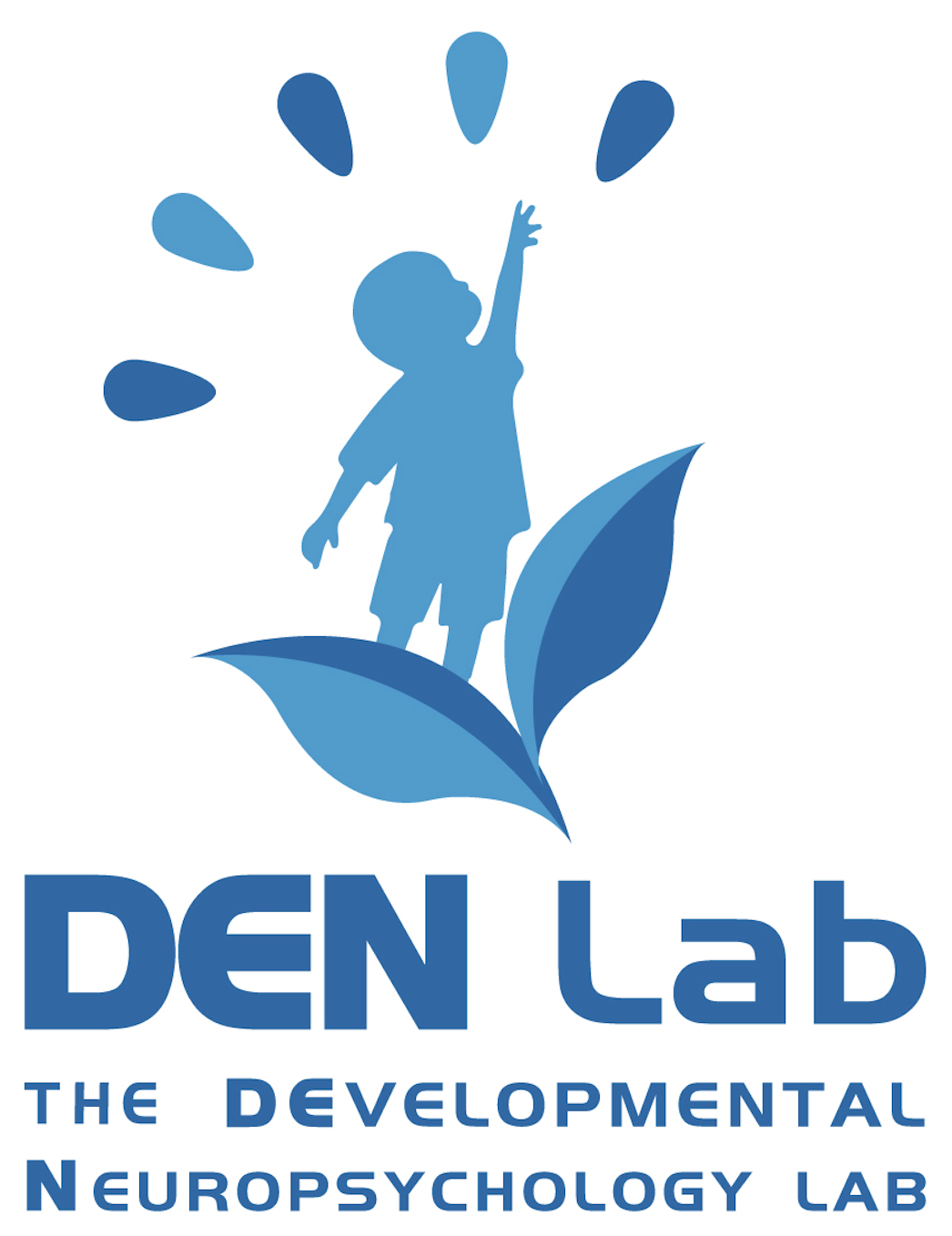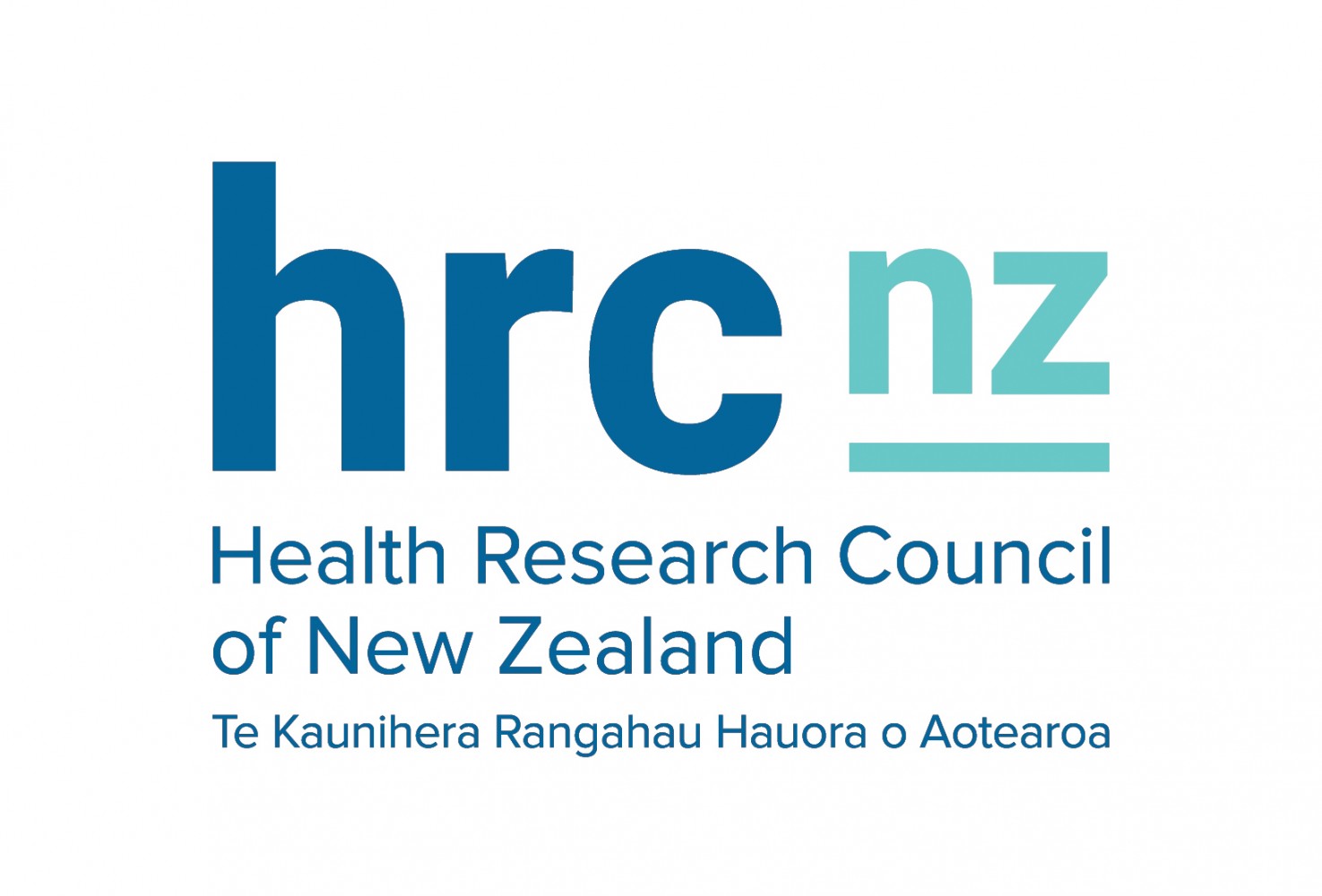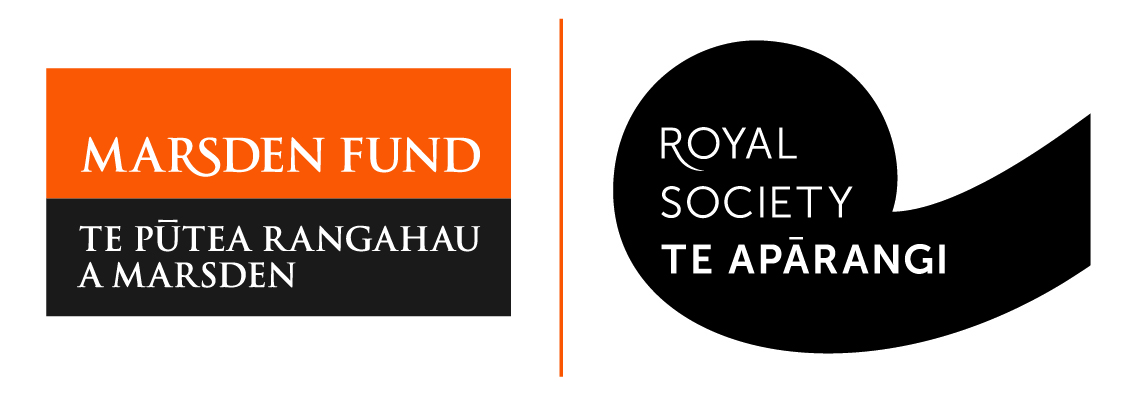Developmental Neuropsychology Lab
We are a dedicated research group focused on enhancing life outcomes for children who have experienced early life adversity—environmental challenges during pregnancy or childhood that require significant neurological adaptation.
Early life adversity can impact mental health, behavior, and brain function. Through our research, we develop strategies to help children reach their full potential.
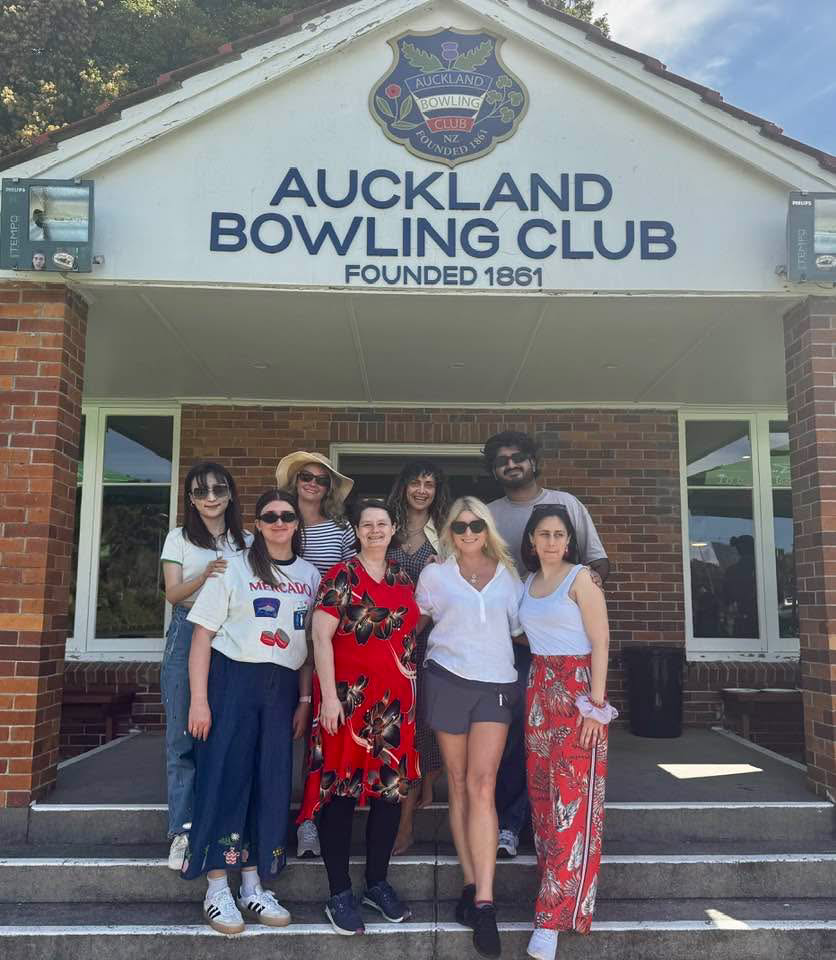
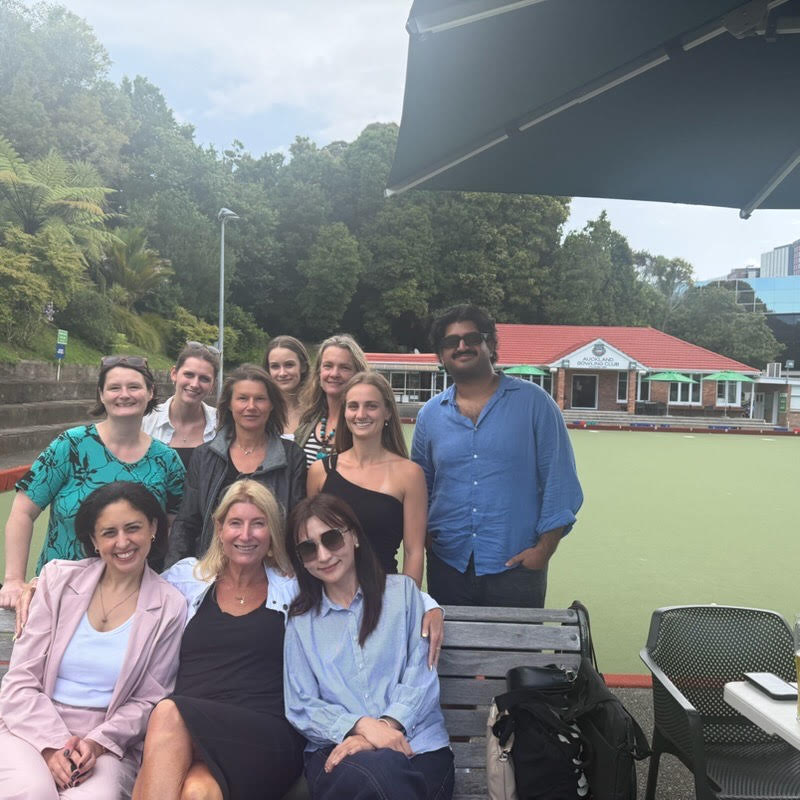
Research
Our research interests can be broadly categorised into those that rely on acute cross-sectional experimental techniques, and those which rely on data collected from longitudinal studies.
Cross-sectional Experimental Research
Our experimental work combines techniques from cognitive neuroscience (e.g., functional Magnetic Resonance Imaging (fMRI) and electroencephalography (EEG)) and clinical neuropsychology. We are currently involved in a large fMRI study out of the Matai Medical Research Institute to determine the neural basis of Attention Deficit Hyperactivity Disorder (ADHD) and other neurodiverse conditions.
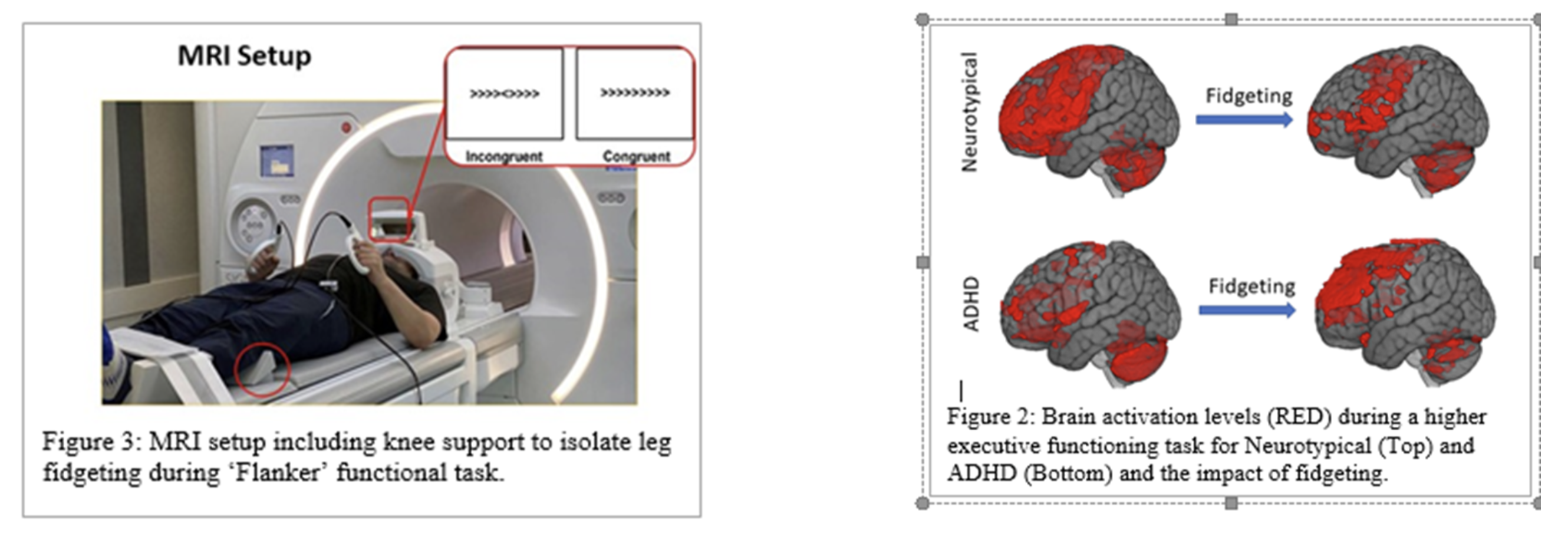
National Longitudinal Studies
The DEN Lab's involvement with national longitudinal studies (Dunedin Study, Auckland Birthweight Collaborative Study, Growing Up in New Zealand) reflects our interest in life-span development as well as the precursors and determinants of neurodevelopmental disorders.
Growing Up in New Zealand
Growing Up in New Zealand is Aotearoa's largest longitudinal study on child health and well-being, following the journeys of over 6,000 rangatahi (young people) and their families. The valuable insights gained from this research are helping to build brighter futures for all young people in New Zealand.
The Dunedin Study
The Dunedin Study has tracked the lives of 1,037 individuals born at Queen Mary Maternity Hospital in Dunedin, New Zealand, between April 1, 1972, and March 31, 1973. Now in its fifth decade, this groundbreaking research has led to over 1,300 publications and reports, many of which have shaped policies both in New Zealand and internationally.
Auckland Birthweight Collaborative Study
The Auckland Birthweight Collaborative Study examines the long-term effects of birthweight and early life factors on children's health and development. Following a cohort of babies born in Auckland between 1996 and 2000, the study explores how prenatal and early childhood influences impact growth, cognitive development, and overall well-being into later life. Its findings help inform healthcare policies and interventions aimed at improving outcomes for children.
Our Team

Karen Waldie
DEN Lab Director, Professor
Karen graduated from the University of Victoria (Canada). She completed a Masters and PhD in neuropsychology at the University of Calgary in 1998. Following graduate school, she became a research fellow with the Dunedin Study. In 2001 she joined the School of Psychology at the University of Auckland where she now teaches developmental psychology, quantitative research and directs the Developmental Neuropsychology (DEN) Lab. During her time at Auckland, Karen has served as a Named Investigator in the "Growing Up in New Zealand" and the Auckland Birthweight Collaborative Study, is a Principal Investigator for the Centre for Brain Research and works closely with the Matai Medical Research Institute in Gisborne.

Paula Araya-Herrera
Doctoral Candidate, Psychology
Paula joined the lab as a PhD student in 2023. She graduated from the University of Valparaiso (Chile) in 2011 with a bachelor's in physiotherapy. Then she completed her master's in government and public management. She integrates longitudinal data analysis (Growing Up in New Zealand) with NZ therapists' perspectives to study the impact of gross motor development on cognitive, social, communication, and behavioural outcomes in autistic children. Supervised by Dr. Katrina Phillips, Dr. Lisa Underwood, and Prof. Karen Waldie, Paula also teaches in universities for 15 years now. She is an internationally certified aquatic therapist.

Qiongxi (Sylvia) Zhang
Doctoral Candidate, Psychology
Sylvia joined the DEN Lab after achieving First-Class Honours in Psychology from the University of Auckland. She initially earned a BSc in Psychology and Mathematics from Otago University, followed by an MSc in Actuarial Science from Bayes Business School in London. After a career as a financial analyst and director in portfolio investment, Sylvia returned to academia to focus on developmental psychology. Her PhD research investigates peer aggression and bullying among school-aged children, aiming to identify factors and interventions to create safer, supportive educational environments across Aotearoa New Zealand.

Claire Reid
Doctoral Candidate, Psychology
Claire joined the DEN Lab in 2024 after earning First-Class Honours in Psychology. With a BCom and BSc, she spent 15 years in corporate and start-up roles across New Zealand, Melbourne, and London. After having her youngest child, she shifted focus to child development, driven by concerns about screen time. Her Honours research linked increased screen time to lower language scores in children, emphasizing parental engagement. For her PhD, she expands this to 12-year-olds and explores ADHD-related screen use, executive functioning impacts, and practical strategies to help parents foster healthier screen habits.

Francesca Pigatto
Doctoral Candidate, Psychology
Francesca completed the MBChB from the University of Trieste (Italy) in 1996, followed by specialist vocational training in Clinical Genetics at the University of Genoa (Italy) in 2003. As a Clinical Geneticist, she worked in Milan (Italy), Townsville (QLD), and Auckland until 2013. In 2019, she joined the UoA to pursue a research master's in Public Health and is currently completing a PhD focused on adolescent mental health. Her research explored risk factors for depression and anxiety symptoms in adolescents enrolled in the Growing Up in New Zealand (GUiNZ) longitudinal study.
Our Alumni

Stephanie D’Souza
Senior Lecturer in the School of Social Sciences and Deputy Director of the COMPASS Research Centre
Dr Stephanie D’Souza completed her PhD in Psychology at the University of Auckland, supervised by Professors Karen Waldie and Susan Morton. Her doctoral research used data from the Growing Up in New Zealand study to examine behavioural development in children, focusing on the role of maternal wellbeing. Stephanie is now a Senior Lecturer in the School of Social Sciences and Deputy Director of the COMPASS Research Centre. Her research uses large-scale longitudinal and administrative data to investigate mental health, neurodevelopmental and neurodegenerative conditions, and broader health and social outcomes across the life course to inform equitable, evidence-based public policy.

Yuxuan (Wade) Zheng
Lecturer at Beijing International Studies University
Originally from China mainland, Yuxuan (Wade) Zheng was a lab member between 2018 and 2022, and obtained his PhD degree in Psychology in 2022 under the supervision of Prof. Karen Waldie and Assoc. Prof. Minako O’Hagan (co-supervisor). His main research interest lies in the oscillatory mechanisms underlying bilingual sentence processing. He is now a lecturer at Beijing International Studies University, where he uses EEG and behavioral methods to investigate language-related (neuro)cognitive processes.

Haeme Park
Researcher at Neuroscience Research Australia
Haeme Park completed her PhD at the University of Auckland in 2015 where she examined the effects of schizotypal personality on healthy young adults using both MRI and EEG methods. She then moved to Belgium to pursue a three-year postdoctoral scholarship at the Department of Experimental Psychology, Ghent University, in which she focused on the neural overlap between motivational and emotional processes. Since 2019, she has been working at Neuroscience Research Australia in Sydney, examining the question of what makes some people more resilient to adversity compared to others. In particular, she is interested in how variability in mental wellbeing and resilience may be observed in the brain across the lifespan, the psychosocial factors that contribute to such variability (e.g., personality traits, early life experiences), as well as genetic vs. environmental contributions (via examining twin populations).

Denise Neumann
Research Fellow in the Culture & Identity Domain and Māori Theme of the Growing Up in New Zealand longitudinal study at Waipapa Taumata Rau – The University of Auckland
Denise is a Research Fellow in the Culture & Identity Domain and Māori Theme of the Growing Up in New Zealand study at the University of Auckland since 2019, focusing on psychosocial and cognitive development, culture & identity, psychometrics, and mental health. She earned her PhD in Psychology at the University of Auckland, researching cognitive development and psychometric properties in ethnically diverse samples. Previously, she completed her Doctor of Medical Sciences and served as a Research Fellow at Martin Luther University’s Institute for Rehabilitation Medicine. Denise also contributes to Whakaoratia te hinengaro, a Mātauranga Māori mental wellbeing project.
Contact
Location:
The DEN Lab is located in Room 333 of Building 301 at the University of Auckland Science Centre,
23 Symonds Street,
Auckland CBD, Auckland 1010
Email: k.waldie@auckland.ac.nz
Publications (selected)
- Marsh, S., Young, A., Reid, C., & Chu, J. (2025). Problematic social media use common among NZ teens as government examines age limits. Public Health Expert Briefing. Public Health Communication Centre. https://www.phcc.org.nz/briefing/problematic-social-media-use-common-among-nz-teens-government-examines-age-limits
- Pigatto, F., Grant, C., Marks, E., Walker, C., Fletcher, B., & Waldie, K. E. (2025). Perinatal cumulative risk scores for depression symptoms in young people from the Growing Up in New Zealand longitudinal study. Journal of Affective Disorders, 369, 303–311. https://doi.org/10.1016/j.jad.2024.09.143
- Marsh, S., Bullen, C., Chu, J., Einstein, D., & Reid, C. (2025). Social media and youth wellbeing: The need for a multi-layered public health approach. Public Health Expert Briefing. https://www.phcc.org.nz/briefing/social-media-and-youth-wellbeing-need-multi-layered-public-health-approach
- Zheng, Y., Kirk, I., & Waldie, K. (2024). Oscillatory features of German–English sentence processing: Evidence from an EEG study. International Journal of Bilingualism, 1(1), 1–17. https://doi.org/10.1177/13670069241285332
- Neumann, D., Peterson, E. R., Underwood, L., Morton, S. M. B., & Waldie, K. E. (2024). The association between persistence and change in behavioral difficulties during early to middle childhood and cognitive abilities at age 8. Child Psychiatry & Human Development, 55, 1031–1043. https://doi.org/10.1007/s10578-022-01453-1
- Zhang, Q., Underwood, L., Peterson, E. R., Fenaughty, J., & Waldie, K. E. (2024). Psychometric properties and factor structure of the Aggressive Student Culture Scale administered to the age 8 Growing Up in NZ cohort. Journal of Psychoeducational Assessment, 42(2), 131–146. https://doi.org/10.1177/07342829231218036
- Theunissen, G., D'Souza, S., Peterson, E. R., Walker, C., Morton, S. M. B., & Waldie, K. E. (2022). Prenatal determinants of depressive symptoms in childhood: Evidence from Growing Up in New Zealand. Journal of Affective Disorders, 302, 41–49. https://doi.org/10.1016/j.jad.2022.01.076
- Zheng, Y., Kirk, I., Chen, T., O'Hagan, M., & Waldie, K. E. (2022). Task-modulated oscillation differences in auditory and spoken Chinese-English bilingual processing: An electroencephalography study. Frontiers in Psychology, 13, 823700. https://doi.org/10.3389/fpsyg.2022.823700
- Neumann, D., Peterson, E. R., Underwood, L., Morton, S. M. B., & Waldie, K. E. (2021). The development of cognitive functioning indices in early childhood. Cognitive Development, 60, Article 101098. https://doi.org/10.1016/j.cogdev.2021.101098
- Waldie, K. E., Badzakova-Trajkov, G., Park, H. R. P., Zheng, Y., Neumann, D., & Foroushani, N. Z. (2021). The cognitive and neural correlates of written language: A selective review of bilingualism. Journal of the Royal Society of New Zealand, 51(1), 81–96. https://doi.org/10.1080/03036758.2020.1779093
- Waldie, K. E., D'Souza, S., Bibby, C., Thompson, J. M. D., & Mitchell, E. A. (2021). Early life adversity and the role of the dopamine transporter (DAT1) gene in predicting childhood symptoms of ADHD and depression. In Factors Affecting Neurodevelopment: Genetics, Neurology, Behavior, and Diet (pp. 15–25). https://doi.org/10.1016/B978-0-12-817986-4.00002-X
- Waldie, K. E., Cornforth, C. M., Webb, R. E., Thompson, J. M. D., Murphy, R., Moreau, D., Slykerman, R., Morgan, A. R., Ferguson, L. R., & Mitchell, E. A. (2017). Dopamine transporter (DAT1/SLC6A3) polymorphism and the association between being born small for gestational age and symptoms of ADHD. Behavioural Brain Research, 333, 90–97. https://doi.org/10.1016/j.bbr.2017.06.040
- D'Souza, S., Underwood, L., Peterson, E. R., Morton, S. M. B., & Waldie, K. E. (2020). The association between persistence and change in early childhood behavioural problems and preschool cognitive outcomes. Child Psychiatry & Human Development, 51(3), 416–426. https://doi.org/10.1007/s10578-019-00953-x
- D'Souza, S., Underwood, L., Peterson, E. R., Buckley, J., Morton, S. M. B., & Waldie, K. E. (2019). Determinants of persistence and change in early childhood behavioural problems: The roles of parenting and maternal mental health. Journal of Child and Family Studies, 28(7), 1826–1842. https://doi.org/10.1007/s10826-019-01404-w
